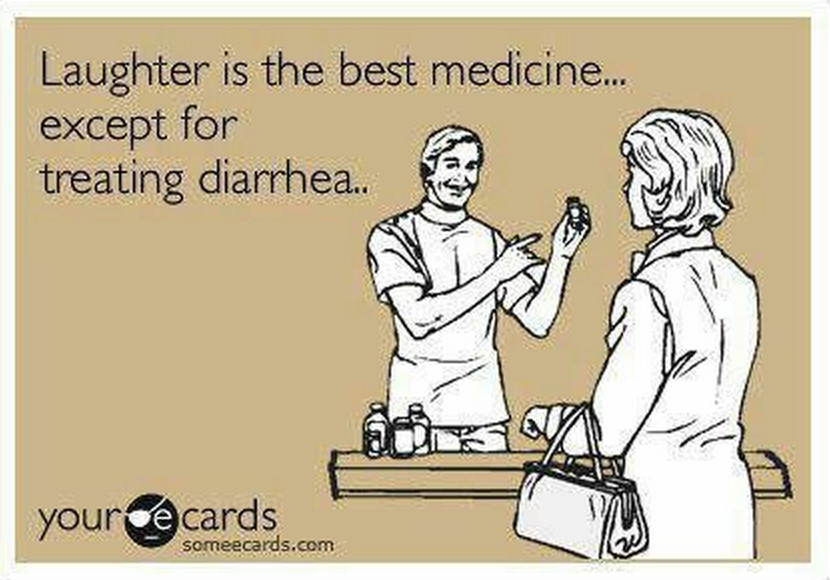Here are some common reasons why you might have diarrhea after eating:
If your diarrhea started recently then you may have gastrointestinal infections.?
Germs such as parasites, viruses, or bacteria all can cause gastrointestinal (GI) infections. In poorer countries GI infections are often caused by unsanitary conditions in the household or in food crops. In developed countries, like the US, the main causes of GI infection are food poisoning.?
E. coli, campylobacter, and salmonella can be picked up through contaminated food or drink. Protect yourself against these bad bugs through proper food storage and refrigeration. And always ensure that foods are cooked properly, so that bacterial germs don’t survive.
It could be your medications.
Some of the most common diarrhea inducing medications include antacids containing magnesium, laxatives, digitalis, diuretics, a number of antibiotics, chemotherapy drugs, cholesterol-lowering agents, lithium, theophylline, thyroid hormone, and colchicine. Also caffeine and alcohol can have diarrhea promoting effects.
You might be eating too many vegetables.?
Contrary to what many people believe, eating a ton of vegetables can have negative results for your digestion. This is because many vegetables are high in insoluble fibers. Eating a large amount of certain types of vegetables can cause high amounts of irritation in your digestive tract, leading to inflammation and diarrhea. The specific types of vegetables that contain the most insoluble fibers are called FODMAPS (Fermentable Oligo-, Di- and Mono-saccharides, and Polyols. )?
Here is a small FODMAP vegetable list taken from?Chris Kresser:
- Greens (spinach, lettuce, kale, mesclun, collards, arugula, watercress, etc.)
- Whole peas, snow peas, snap peas, pea pods
- Green beans
- Kernel corn
- Bell peppers
- Eggplant
- Celery
- Onions, shallots, leeks, scallions, garlic
- Cabbage, bok choy, Brussels sprouts
- Broccoli
- Cauliflower
For more information about FODMAPS refer to?this?guide by Chris Kresser.
If you’re diarrhea has persisted over a long period of time, then it is most likely that you have a gastro intestinal condition.
Conditions like IBS (irritable bowel syndrome), Crohn’s disease, Celiac disease, IBD (inflammatory bowel disease), GERD (gastroesophageal reflux disease) and gastroparesis all can cause digestive irritation, often resulting in diarrhea.?
If you think you may have any of these conditions it would be a good idea to get tested. If diagnosed you will likely need to take a serious look at you’re dietary choices, as poor diet is a large contributor and indicator of these disorders.
You can have your doctor run the tests or get tested yourself. If you don’t have health insurance or want to get blood tests done inexpensively I advise ordering blood tests online from a reputable testing facility.
I recommend True Health Labs for testing. I am affiliated with this company and stand by their testing procedures. They also offer a free consultation from a doctor about your test results after they have been completed.
A good test to assess your digestive health is the DNA Stool test.

